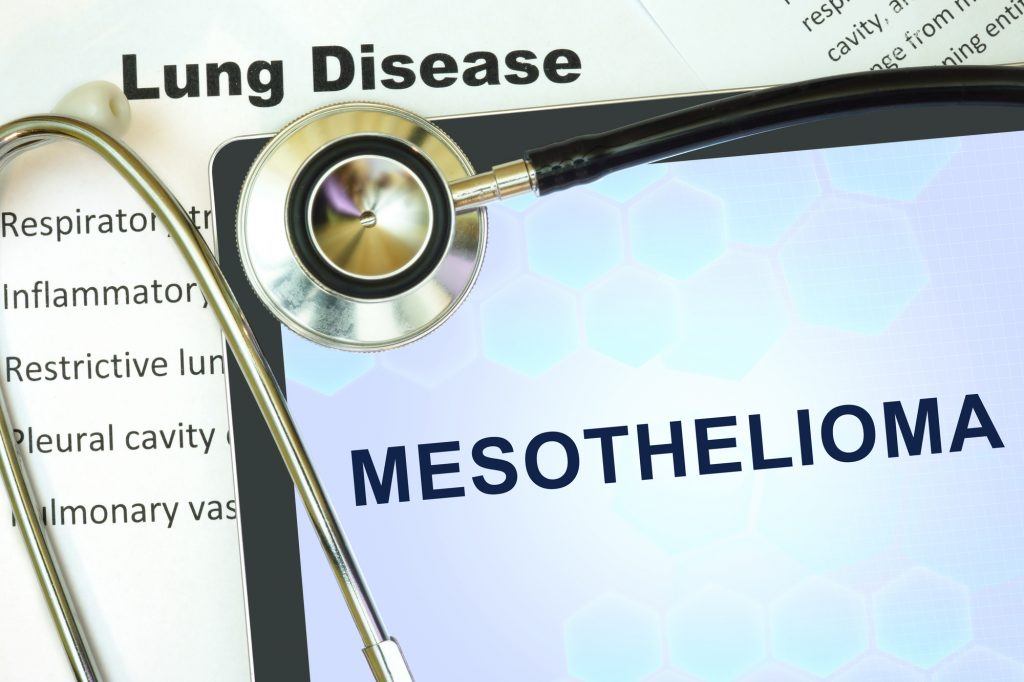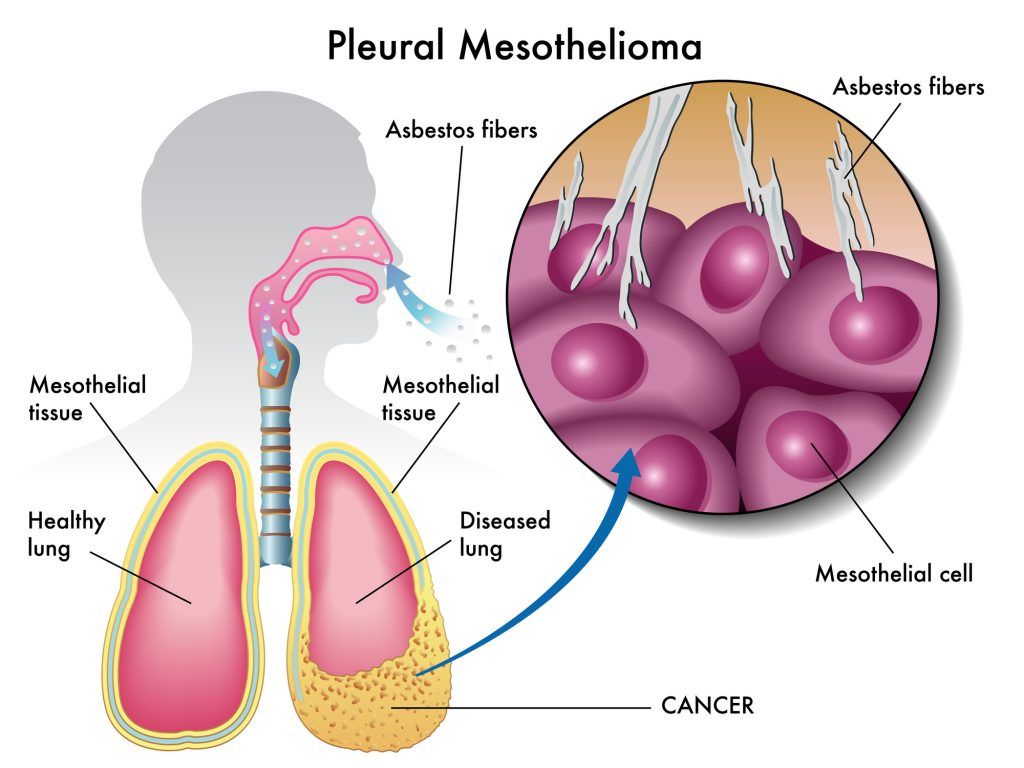Mesothelioma Symptoms
Mesothelioma Symptoms

California has more deaths related to exposure to asbestos than any other state in our country. Information provided by The Mesothelioma Center, shows that there are multiple sites in California in which the risk of asbestos exposure remains high today. Indeed, between the years of 1999 and 2013, there were 3,762 mesothelioma deaths in California alone.
It is important for anyone who may have a history of asbestos exposure—even decades ago—to understand the signs and symptoms of this often-deadly form of cancer and to seek help from their healthcare provider as soon as possible. If you or someone you love receives a mesothelioma diagnosis, do not hesitate to reach out to me. I am committed to serving anyone who has developed mesothelioma as a result of asbestos exposure, and I can speak with you today about moving forward with your claim for compensation.
Learning More About Mesothelioma in CaliforniaYou should understand what this disease is and risk factors that can help to predict whether a person might develop this rare and aggressive type of cancer. As the American Cancer Society explains, mesothelioma is a type of cancer that affects the mesothelial cells, which are cells that line your chest, abdomen, heart, and most of your internal organs. Together, mesothelial cells make up a lining that is known as the mesothelium.
 Common Signs and Symptoms of Mesothelioma
Common Signs and Symptoms of MesotheliomaIf you were exposed to asbestos at any point in the last five decades and you experience any of the following signs and symptoms, it is important to seek medical attention as soon as you can. According to a Pleural Mesothelioma Guidebook, the following are common signs of pleural mesothelioma:
- Shortness of breath (also known as dyspnea);
- Chest pain;
- Painful breathing;
- Pain in your lower back;
- Pain in the area of your ribs;
- Persistent dry cough or a raspy cough;
- Coughing up blood (also known as hemoptysis);
- Difficulty swallowing (also known as dysphagia);
- Lumps under your skin on your chest;
- Night sweats;
- Fever;
- Unexplained weight loss; and
- Fatigue
Shortness of breath is the most common sign that you may be suffering from mesothelioma (about 75 percent of patients with this disease experience that symptom). More than 50 percent of people diagnosed with mesothelioma experience chest pain. While these symptoms can indicate a different disease altogether, you should be checked out by a doctor to rule out mesothelioma.
In some cases, patients with mesothelioma will not have any warning signs or symptoms until the disease has progressed to a later stage. Generally speaking, there are four stages of mesothelioma, and patients often do not seek any treatment options until their cancer has progressed to stage III or stage IV.
Stage 1: In this early stage, the Mesothelioma Tumor is only in one place. This is most commonly is in the lining of the lungs but can also be found in the heart, or abdomen. The cancer has not spread to other areas of the body and very few if any symptoms are experienced at this stage.
Stage 2: Mesothelioma progresses to stage 2 once it has progressed beyond its origination point. A common place for it to initially spread is to the nearby lymph nodes. At this stage weight loss, constant coughing, and shortness of breath are more common although still mild.
Stage 3: This is where diagnosis most commonly occurs as the disease has further spread to other parts of the body. Symptoms common to this stage are a greater difficulty breathing and chest pain.
Stage 4: This is the most advanced stage where the symptoms are the most severe and can affect many different areas of the body. Symptoms include difficulties swallowing and breathing, intense pain, coughing up blood, and other problems.
The earlier you receive a diagnosis, the better. While there is no cure for mesothelioma, patients who receive a diagnosis and begin treatment earlier on have a better life expectancy.
Experienced Mesothelioma Lawyer in SacramentoI’m Ed Smith, a Sacramento mesothelioma attorney. If you or your loved one has been diagnosed with mesothelioma, or if you’ve recently lost a loved one because of this tragic disease, please give me a call at 916.921.6400 for free, friendly advice. I can also be contacted by using this online form.
I am a California Million Dollar Advocate. Advocates are top-ranked trial lawyers in the United States who have obtained multiple million dollar case verdicts and/or settlements on behalf of their clientele.
See my long history of successful case verdicts and settlements.
Please take some time to look up my client reviews on Avvo, Google, and Yelp.
:ab* [3.22.21]